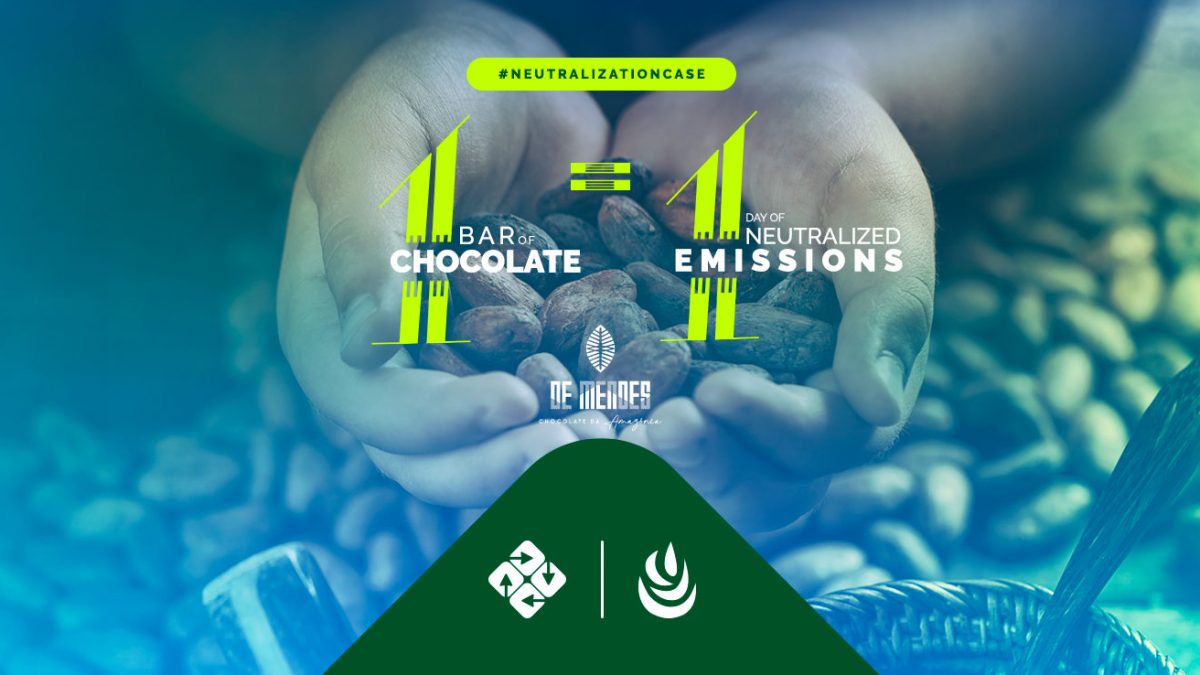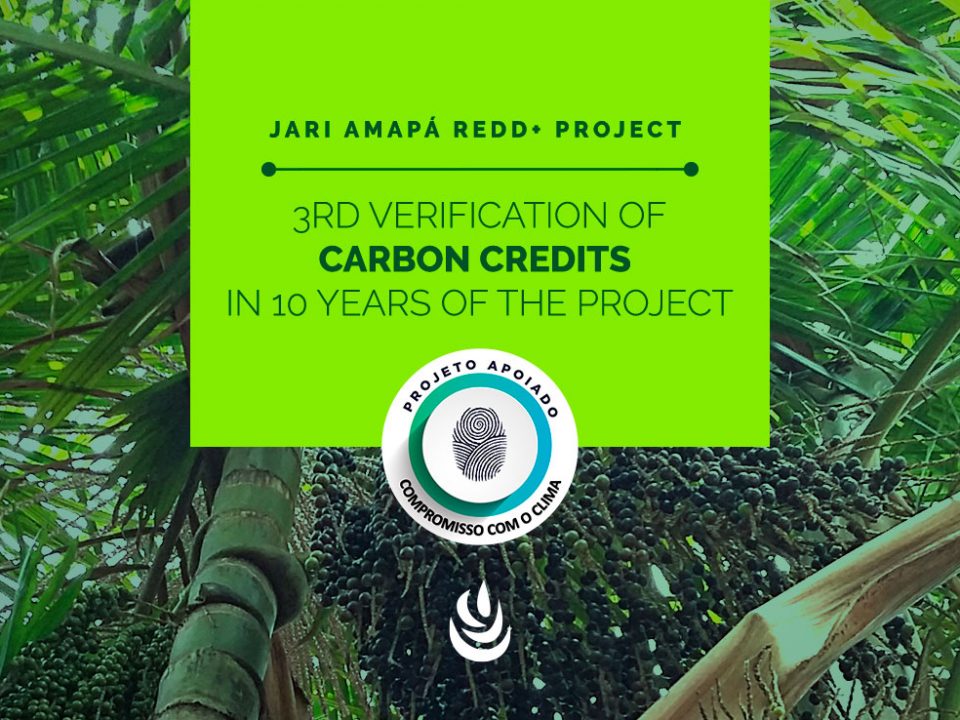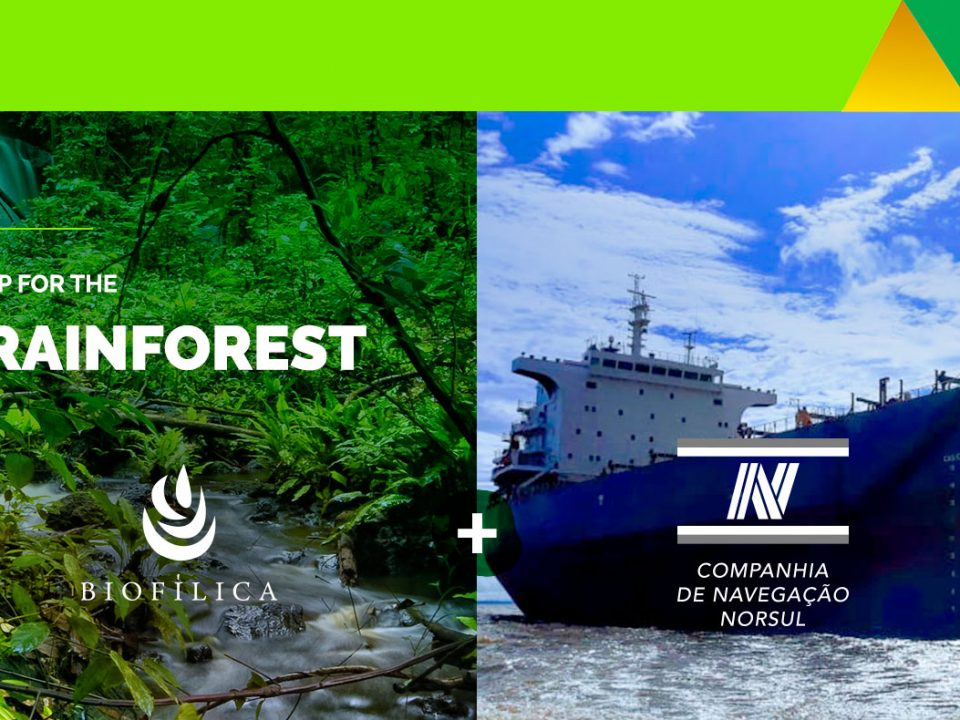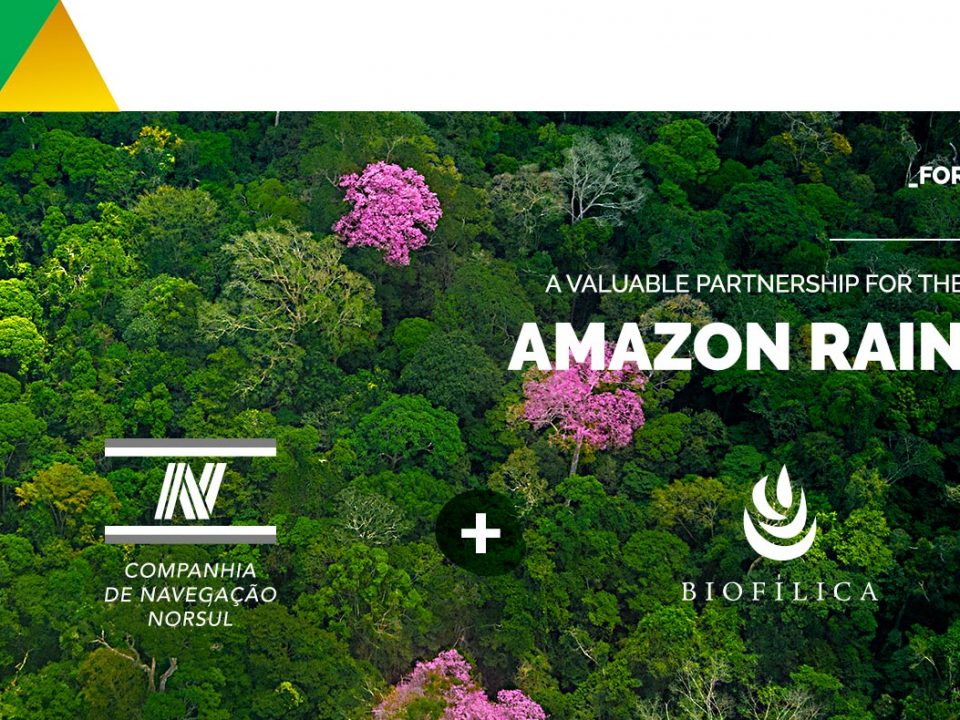1 bar of chocolate = 1 day of neutralized emissions
Culture of the traditional forest people and socio-environmental integrity are what composes the DNA of the chocolate factory with Amazonian terroir made from native cocoa.
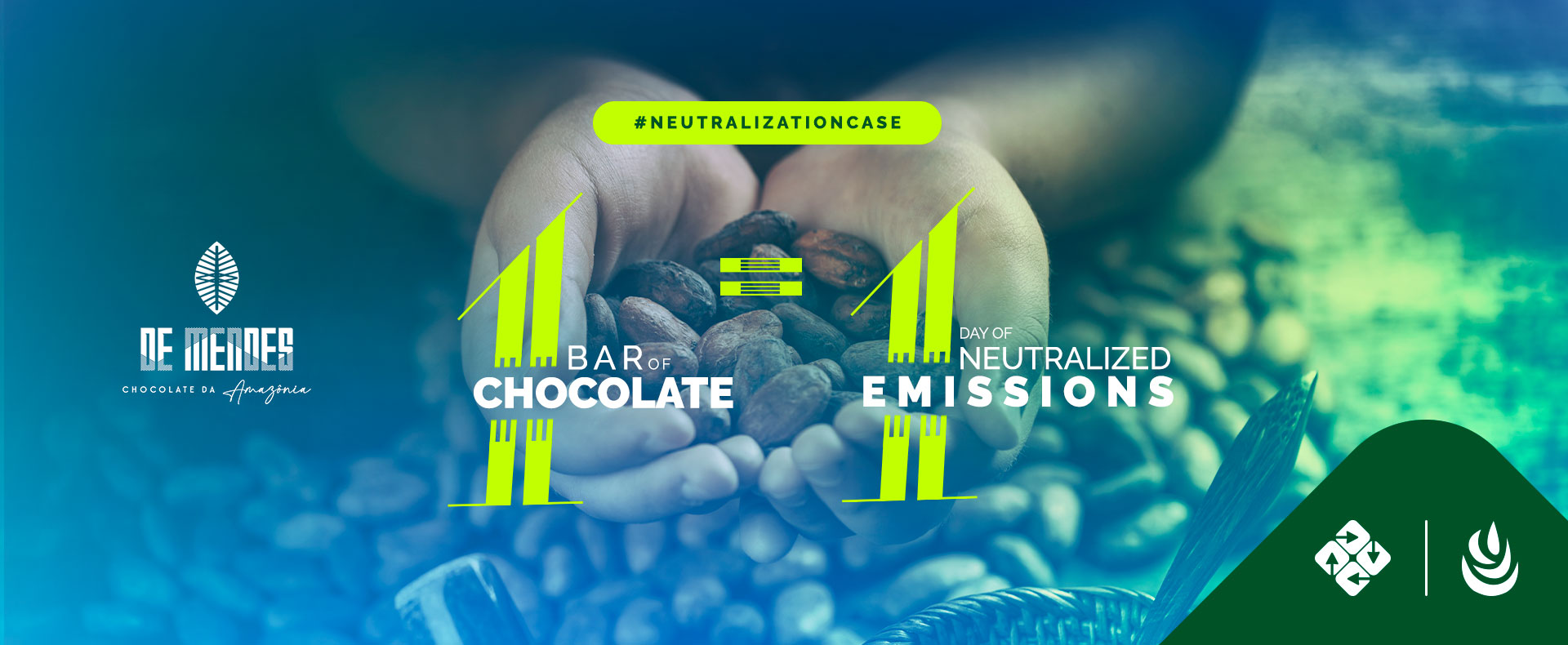
Have you ever imagined tasting a chocolate with Amazonian terroir and whilst contributing to solving the climate crisis?
And this was made possible by De Mendes, a recognized company in Brazil and in the world for the quality and distinguished flavors of its bars. The founder César De Mendes, the son of a quilombola mother and a riparian father, was always concerned that the cocoa production chain should be a tool for social and environmental transformation.
Consequently, the DNA of the brand is featured by the culture of the traditional forest people and socio-environmental integrity, which, for one is also part of CBKK, its holding company, whose mission is to develop a see-through and sustainable production chains to contribute to the well-being of the production communities. The factory plant’s day-to-day activities, company culture, and logistics carry on models aligned with social and environmental sustainability and modern ESG criteria.
So that each chocolate bar corresponds to one day of greenhouse gas emission neutralized, De Mendes calculated to find the daily emission per inhabitant and purchased the corresponding carbon credits from REDD+ projects, directly impacting the conservation of hundreds of thousands of hectares of the Brazilian Amazon Rainforest.
The Vale do Jari REDD+ Program, headed by the Biofílica Ambipar Environment, is based on conservation units in the same region where native cocoa is found for the production of one of De Mendes’ chocolate bars, the Vale do Jari Chocolate – 65% Cocoa.
By counting on the support of the Jari Foundation, the production of chocolate bars impacts around 400 people in the Recreio Community on the riverbanks of the Paru River.
When buying De Mendes chocolate and cupulate bars, consumers neutralize their carbon emissions, avoiding the deforestation of the Amazon Rainforest, preserving biodiversity, and stimulating local socioeconomic development.
The Vale do Jari REDD+ Program
The Vale do Jari REDD+ Program is the result of a partnership between Biofílica Ambipar Environment and the Jari Group, formed by Jari Celulose and the Jari Foundation, in order to foster forest conservation and reduction of potential greenhouse gas (GHG) emissions based on a local economic development model that values the “standing forest”.
Regardless of its great importance, local biodiversity is constantly threatened by forest degradation. Reason for which the Vale do Jari REDD+ Program has components that aimed at avoiding deforestation and minimizing its social and environmental impacts, promoting benefits for the climate, communities and biodiversity.
Main impacts of the program
1,155,788 total hectares
427 flora species protected, of which 54 are threatened
2,070 fauna species protected, of which 133 are threatened
631,408 tCO2eq of emissions reduced per year
61,550 hectares of deforestation avoided in 30 years
333 families from 15 communities initially impacted
Find out more about the projects belonging to the program:
Jari Pará REDD+ Project / Jari Amapá REDD+ Project
Do you want to find out more about the mechanism and how investing can help
your company be recognized for its environmental awareness?

